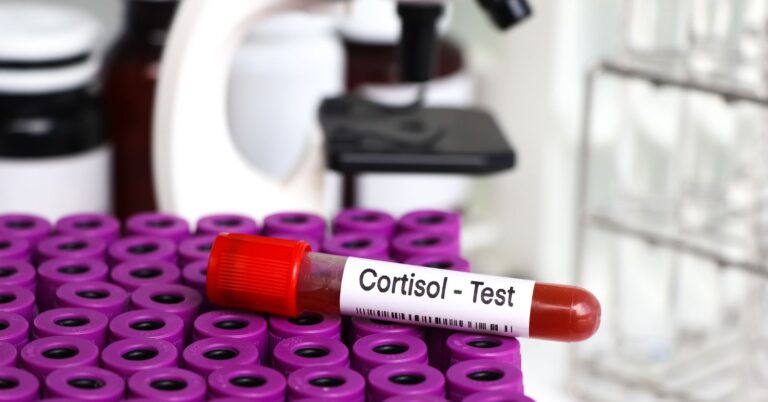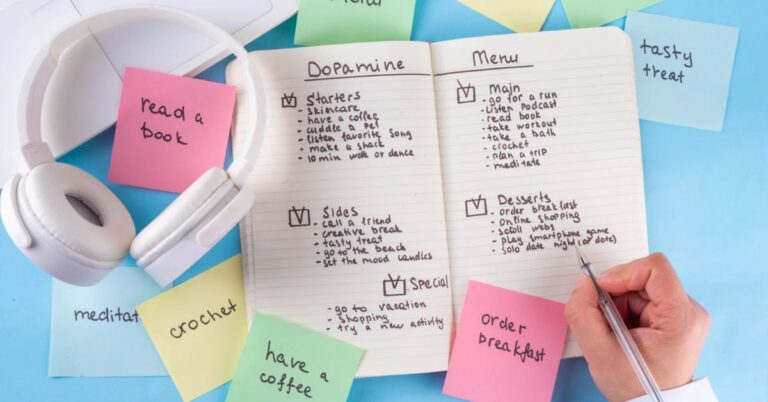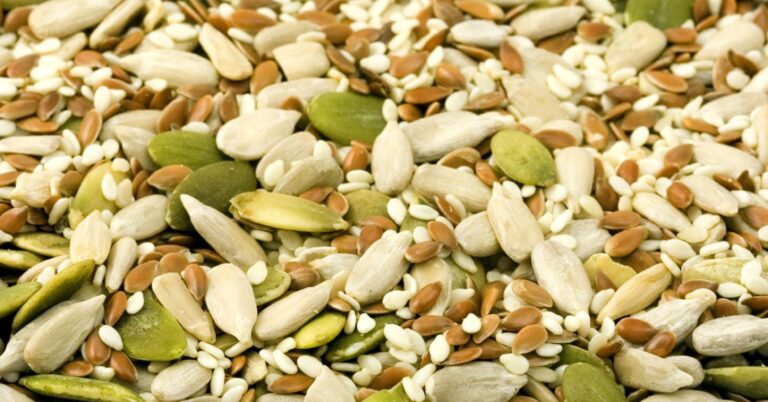What Your Body Is Trying to Tell You Through Constant Bloating
That swollen, gassy feeling isn’t just uncomfortable; it’s your body’s way of communicating a message. If you’re constantly bloated, even after avoiding overindulgence, it could be a sign of an underlying issue like poor digestion, hormonal imbalances, food sensitivities, or even chronic inflammation.
Bloating, a common yet often overlooked symptom, can be a sign of an imbalance in your gut or even your hormones, as explained by Dr. Amy Shah, MD, a board-certified integrative medicine doctor.
In this article, we explore the underlying causes of chronic bloating and understand what your body is trying to communicate through this discomfort.
1. You Might Have an Imbalanced Gut Microbiome
Your gut, home to trillions of bacteria, plays a crucial role in digestion, immunity, and inflammation. However, when this balance is disrupted, often due to stress, antibiotics, processed foods, or a low-fiber diet, gas-producing “bad” bacteria can gain control, resulting in persistent bloating.
Dr. Will Bulsiewicz, gastroenterologist and author of Fiber Fueled, explains that dysbiosis, or an imbalance in gut flora, is a significant trigger for bloating.
What You Can Do:
- Eat more prebiotic and probiotic foods like yogurt, kefir, garlic, and oats
- Reduce sugar and processed food intake
- Try a high-quality probiotic supplement for 30 days and monitor your symptoms. For more information on gut microbiota, refer to the NIH.
2. Your Body May Not Be Digesting Certain Foods Well
Some healthy foods, such as beans, cruciferous vegetables, dairy, and gluten, can cause bloating if your body lacks the enzymes to break them down properly. This could be due to a condition called FODMAP intolerance.
- Lactose intolerance
- Gluten sensitivity or Celiac disease
- FODMAP sensitivity
A 2022 meta-analysis published in Nutrients revealed that adhering to a low-FODMAP diet substantially reduced bloating symptoms in individuals with irritable bowel syndrome (IBS).
What You Can Do:
- Keep a food and bloating journal to spot patterns
- Try an elimination diet (with guidance from a dietitian)
- Consider digestive enzymes before meals
3. Hormonal Fluctuations Could Be the Culprit
Bloating that worsens before your period or during menopause is likely due to changes in estrogen and progesterone levels.
Dr. Lara Briden, a hormone specialist, explains that estrogen causes water retention, while progesterone slows down digestion. This hormonal imbalance often leads to bloating during PMS.
What You Can Do:
- Reduce caffeine, alcohol, and high-sodium foods before your period
- Add magnesium-rich foods (spinach, pumpkin seeds) to your diet
- To support hormone balance, ensure adequate sleep, manage blood sugar levels, and reduce stress. For more information on hormonal bloating, refer to Healthline.
4. You May Be Swallowing Too Much Air
Eating too quickly, chewing gum, or drinking carbonated beverages can lead to swallowing excess air, which is a common cause of bloating that isn’t related to food.
What You Can Do:
- Eat slowly and chew thoroughly
- Avoid talking while eating or sipping through a straw
- Skip fizzy drinks and opt for herbal teas like peppermint or ginger
5. Your Stress Levels Are Affecting Your Digestion
Chronic stress not only affects your mood but also disrupts digestion. When your body enters the fight-or-flight mode, it redirects energy away from your gut, resulting in slowed digestion, gas buildup, and, unsurprisingly, bloating.
Dr. Emeran Mayer, the author of The Mind-Gut Connection, highlights the significance of the gut-brain axis, emphasizing that anxiety and tension can indeed trigger digestive symptoms.
What You Can Do:
- Practice deep belly breathing before meals
- Try stress-relief tools like meditation, journaling, or yoga
- Limit multitasking while eating—be present
6. It Could Be a Red Flag for a Bigger Issue
While bloating is often benign, persistent or painful bloating may signal something more serious:
- Irritable Bowel Syndrome (IBS)
- Small Intestinal Bacterial Overgrowth (SIBO)
- Ovarian cysts or endometriosis
- Celiac disease or inflammatory bowel disease (IBD)
If you experience frequent, severe bloating accompanied by weight loss, fatigue, or changes in bowel habits, it’s advisable to consult a doctor.
Check symptoms with the CDC’s Digestive Health page →
How to Know When to Seek Medical Help
Don’t ignore chronic bloating, especially if it’s:
- Persistent for more than a few weeks
- Accompanied by pain, blood in stool, or extreme fatigue
- Not improved by diet or lifestyle changes
Your doctor may recommend stool tests, breath tests for SIBO, food sensitivity panels, or imaging to identify underlying issues.
Bloating Is a Symptom Not Just a Nuisance
Your body is trying to get your attention. Whether it’s food sensitivities, gut health, hormones, or stress, bloating is often your body’s early-warning system that something’s off.
- Listen to it.
- Track it.
- Take small, science-backed steps toward healing.
Dr. Shah emphasizes that addressing the root cause instead of merely masking the symptom is crucial. Bloating, in this context, becomes a guiding principle rather than an adversary.
Check out the healthlynic ✔️approved range of products for Weight Loss, Improve metabolism and much more!







